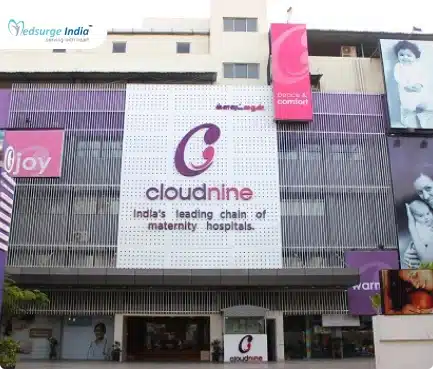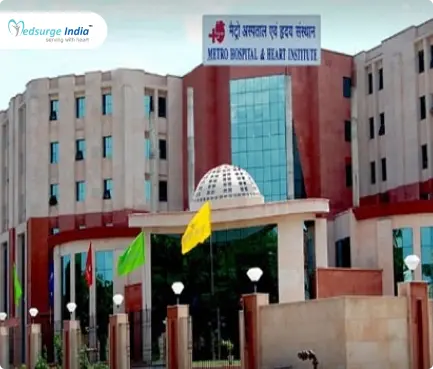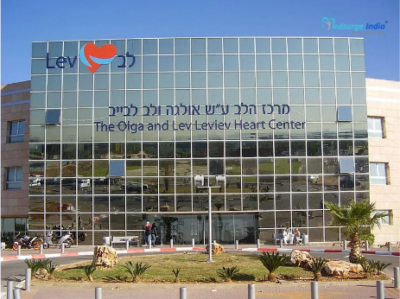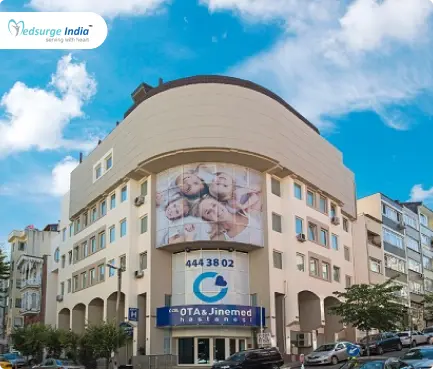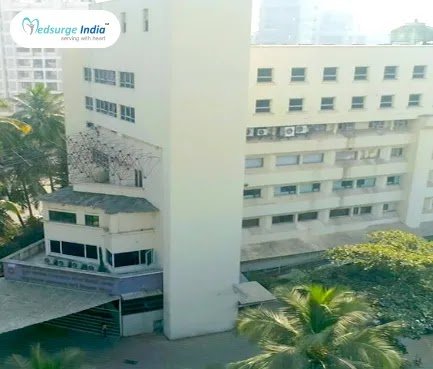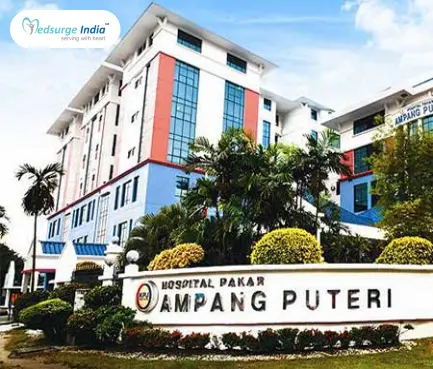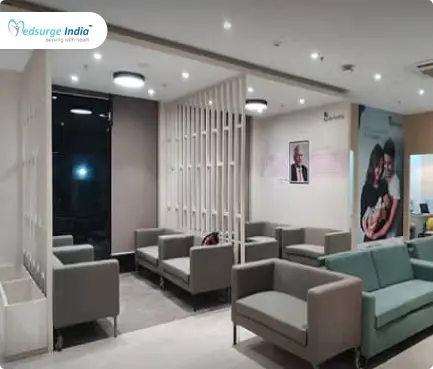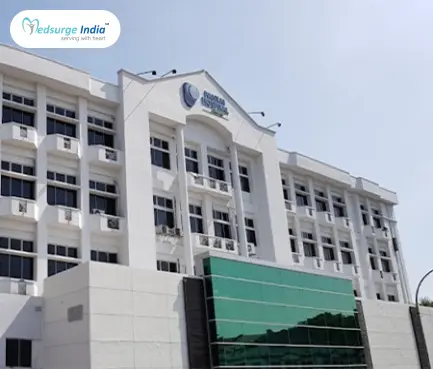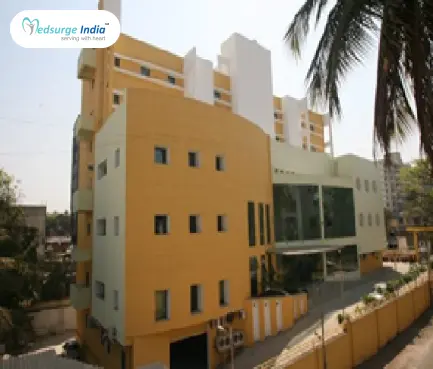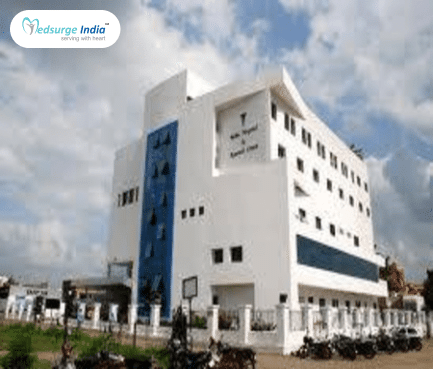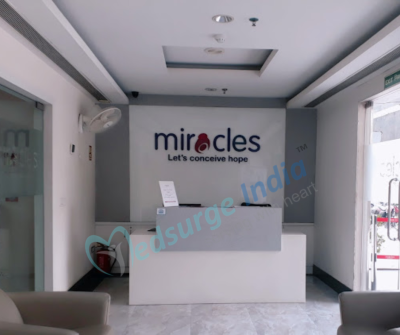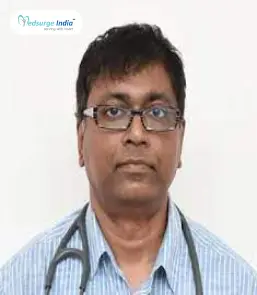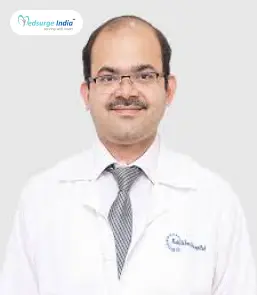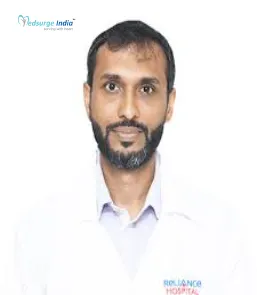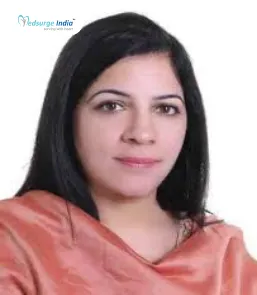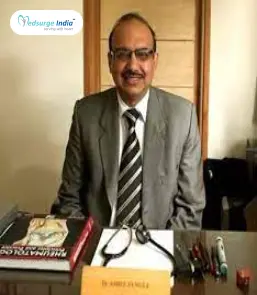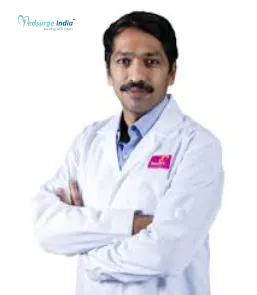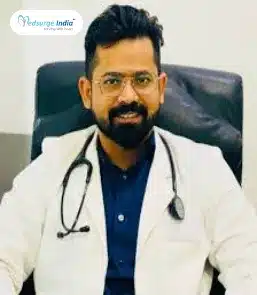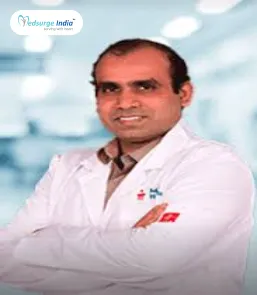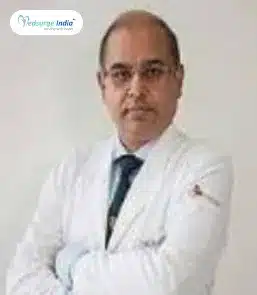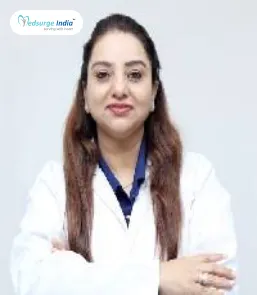
What is Scleroderma?
This is a rare chronic condition characterized by the skin that is thick. In acute cases, it affects the internal organs and blood vessels of the human body.
Causes of Scleroderma:
Scleroderma results in the immune system attacking the tissue below the skin and around blood vessels and internal organs. This causes discoloration and thickening of the veins in the affected regions. Also, the Scleroderma treatment in India is affordable and best for patients planning to get treated at an affordable cost.
Types of Scleroderma:
Localized Scleroderma: This is the gentle form of the illness and it merely affects the epidermis. Localized scleroderma may be categorized based on just how it impacts the epidermis.
Morphoea: It is characterized by the oval patches on the skin that are discolored, and are usually itchy. The stains might be hairless and shiny and might improve after a couple of decades.
Linear: This is characterized by thickened skin that happens in lines across the thighs, arms, scalp or face. Sometimes, it impacts the underlying bone and muscle. It might cause permanent problems like protruding limbs.
Systemic Sclerosis:
This kind of problem is much more serious and may affect the skin and inner organs. It’s further categorized into:
Limited cutaneous systemic sclerosis: This primarily impacts the face, arms, and hands. It’s characterized by the deposition of calcium nodules on the skin (calcinosis), exaggerated vasoconstriction from the hands( Raynaud’s phenomenon), difficulty swallowing( esophageal disorder ), thickening of the skin in fingers (sclerodactyly), dilated capillaries on palms, face and mucous membranes (telangiectasias).
Diffuse systemic sclerosis: This type progresses rapidly and affects the skin and inner organs like the lungs, heart, glands, and kidneys.
Signs & Symptoms of Scleroderma Treatment:
Cardiovascular: Irregular heartbeat, Raynaud’s phenomenon, congestive heart failure, palpitations, and telangiectasis.
Pulmonary: Abdominal pain, shortness of breath, dry persistent cough.
Digestive: Bloating, indigestion, gastroesophageal reflux disorder, loss of desire, and sicca syndrome.
Genitourinary: Kidney failure, scleroderma renal disasters, dyspareunia, and erectile dysfunction.
Musculoskeletal: Carpal tunnel syndrome, muscular fatigue, muscle aches, and loss of joint selection of movement.
Others: Hand paraesthesias, headache, fatigue, stroke, calcinosis, weight loss, and facial pain.
Treatment:
Scleroderma has no treatment and treatment is directed at alleviating symptoms, preventing worsening of this illness, and healing complications.
Common treatments include:
Medication to enhance the circulation of blood
Medicines decrease the immune system’s action to impede the progression of the ailment
Medicine such as nutritional supplements to relieve muscle and joint aches
Utilization of lashes on the affected skin to relieve itchiness
Medicines to alleviate other symptoms like nausea, nausea, and hypertension
In severe cases, surgery may be required to eliminate hard lumps under the skin or to loosen tight muscles.
Managing Scleroderma:
- There are numerous modifications in remedies and lifestyle that could lessen the scleroderma’s influence on your daily life.
- Physiotherapy and routine exercise may be done in order to keep the muscles supple and also to loosen tight skin.
- You are able to make adjustments in your house and get gear to generate life simpler.
- It’s possible to keep your feet and hands warm by wearing thick gloves in case affected by Raynaud’s phenomenon.
- Eating balanced and healthy meals.
- Smoking Ought to Be ceased to control blood pressure and Enhance flow.
LifeStyle & Home Remedies:
You can have a number of measures to help manage your symptoms of scleroderma:
- Stay busy: Range-of-motion exercises help keep your skin and joints flexible.
- Shield your skin: Take decent care of stiff or dry skin by utilizing sunscreen and lotion frequently. Avoid hot tubs and showers and vulnerability to strong soaps and home compounds, which may irritate and additional dry out your skin.
- Do not smoke: Nicotine causes blood vessels to contract, which makes Reynaud’s disease worse. Smoking may also result in permanent degradation of your blood vessels and trigger or aggravate.
- Lung issues: Stopping smoking is tough — ask your doctor for assistance. Avoid foods that provide you gas or heartburn. Additionally, avoid late-night foods. Elevate the head of your mattress to help keep stomach acid from backing up into your stomach as you sleep. Antacids can help alleviate symptoms.
- Shield yourself against the cold: Wear warm mittens for security anytime your hands are vulnerable to cold — even once you reach to a freezer. When you are out in the cold, cover your face and head and wear layers of warm clothes.
Reach out to our experts for the best and affordable Scleroderma treatment cost in India and compare the quotes from world-class hospitals with their team of a specialized and experienced team of doctors.
Get Free Cost Estimation
Procedure
Signs & Symptoms of Scleroderma Treatment:
Cardiovascular: Irregular heartbeat, Raynaud’s phenomenon, congestive heart failure, palpitations, and telangiectasis.
Pulmonary: Abdominal pain, shortness of breath, dry persistent cough.
Digestive: Bloating, indigestion, gastroesophageal reflux disorder, loss of desire, and sicca syndrome.
Genitourinary: Kidney failure, scleroderma renal disasters, dyspareunia, and erectile dysfunction.
Musculoskeletal: Carpal tunnel syndrome, muscular fatigue, muscle aches, and loss of joint selection of movement.
Others: Hand paraesthesias, headache, fatigue, stroke, calcinosis, weight loss, and facial pain.
Treatment:
Scleroderma has no treatment and treatment is directed at alleviating symptoms, preventing worsening of this illness and healing complications.
Common treatments include:
Medication to enhance the circulation of blood
Medicines the decrease the immune system’s action to impede the progression of the ailment
Medicine such as nutritional supplements to relieve muscle and joint aches
Utilization of lashes on the affected skin to relieve itchiness
Medicines to alleviate other symptoms like nausea, nausea, and hypertension
In severe cases, surgery may be required to eliminate hard lumps under the skin or to loosen tight muscles.
Managing Scleroderma:
- There are numerous modifications in remedies and lifestyle that could lessen the scleroderma’s influence on your daily life.
- Physiotherapy and routine exercise may be done in order to keep the muscles supple and also to loosen tight skin.
- You are able to make adjustments in your house and get gear to generate life simpler.
- It’s possible to keep your feet and hands warm by wearing thick gloves in case affected by Raynaud’s phenomenon.
- Eating balanced and healthy meals.
- Smoking Ought to Be ceased to control blood pressure and Enhance flow
LifeStyle & Home Remedies:
You can have a number of measures to help manage your symptoms of scleroderma:
- Stay busy: Range-of-motion exercises help keep your skin and joints flexible.
- Shield your skin: Take decent care of stiff or dry skin by utilizing sunscreen and lotion frequently. Avoid hot tubs and showers and vulnerability to strong soaps and home compounds, which may irritate and additional dry out your skin.
- Do not smoke: Nicotine causes blood vessels to contract, which makes Reynaud’s disease worse. Smoking may also result in permanent degradation of your blood vessels and trigger or aggravate.
- Lung issues: Stopping smoking is tough — ask your doctor for assistance. Avoid foods that provide you gas or heartburn. Additionally, avoid late-night foods. Elevate the head of your mattress to help keep stomach acid from backing up into your stomach as you sleep. Antacids can help alleviate symptoms.
- Shield yourself against the cold: Wear warm mittens for security anytime your hands are vulnerable to cold — even once you reach to a freezer. When you are out in the cold, cover your face and head and wear layers of warm clothes.
Reach out to our experts for the best and affordable Scleroderma treatment cost in India and compare the quotes from world-class hospitals with their team of a specialized and experienced team of doctors.
The Most Important Frequently Asked Questions
Q: Who is the best candidate for BMT for Scleroderma?
A: The patients that may benefit most from AHSCT are people using quick innovative and diffuse skin ailments, moderate preliminary organ damage, and persistently elevated levels of disease activity.
Q: Can Be scleroderma hereditary?
A: Scleroderma isn’t directly inherited but the study indicates that genetic predisposition is a risk factor for this illness. This means people who have a family history of rheumatic ailments may have marginally more odds of having scleroderma.
Q: How severe can scleroderma become?
A: Scleroderma is a chronic illness with a rather broad assortment of symptoms that vary from very mild to life-threatening. The intensity of this disease will depend on which parts of the body are affected and the amount of the harm. A moderate case can progressively be serious if not handled correctly or timely. Thus, it will become crucial that you search for a highly competent and proficient physician for the treatment and protect against the chance for irreversible harm.
Q: Could scleroderma be transmitted from 1 individual to another?
A: No, scleroderma isn’t contagious, infectious, or cancerous condition.
Top Hospitals for Scleroderma Treatment in India
Top Doctors for Rheumatology
Dr. Dipak Kumar Ray
Consultant
Experience: 25 years of experience
Fortis Hospital, Anandapur, Kolkata
Kolkata, India
Dr. Sunil Kumar Singh
Consultant
Experience: 11 years of experience
Kokilaben Dhirubhai Ambani Hospital Mumbai
Mumbai, India
Dr. Atul Gattani
Consultant
Experience: 13 years of experience
Fortis Hiranandani Hospital, Vashi
Mumbai, India
Dr. Harshini. A. S
Consultant
Experience: 9 years of experience
Sparsh Hospital (Yeshwanthpur) Bangalore
Bangalore, India
Dr. Rajiv Ranjan Kumar
Consultant
Experience: 6 years of experience
All India Institute of Medical Sciences, New Delhi
Gurgaon, India
Dr. Shruti Bajad
Associate Consultant
Experience: 8 years of experience
Medanta – The Medicity, Gurgaon
Gurgaon, India
Dr. Sanjeev Kapoor
Senior Consultant
Experience: 24 Years
Indian Spinal Injuries Center, New Delhi
New Delhi, India
Dr. Swetal Chouhan
Consultant
Experience: 14 years of experience
Max Super Speciality Hospital, Saket
New Delhi, India
Dr. Gangarathna
Senior Consultant
Experience: 22+ years of experience
KMC Hospital, Hampankatta, Mangaluru
Mangaluru, India
Dr. Sajjan Shenoy
Experience: 16+ years of experience
KMC Hospital, Hampankatta, Mangaluru
Mangaluru, India
Dr. Rajiva Gupta
Chairman
Experience: 25 years of experience
Medanta – The Medicity, Gurgaon
Gurgaon, India
Dr. Priyanka Kharbanda
Senior Consultant
Experience: 13 years of experience
Manipal Hospitals Dwarka, Delhi
New Delhi, India

